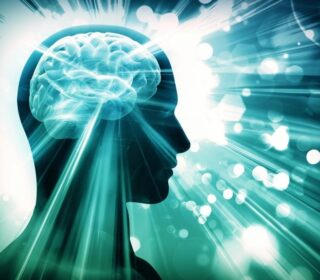Mental fatigue compromises decision-making abilities, leading to increased aggression and reduced cooperation in social interactions. Researchers at IMT School for Advanced Studies Lucca reveal the neural correlates of “ego depletion” in a groundbreaking study published in PNAS.
*The Science Behind Mental Fatigue*
Prolonged mental exertion alters brain activity in the frontal cortex, mirroring sleep patterns. This transformation heightens aggressive behaviors, supporting the theory that mental fatigue depletes self-control.
*Ego Depletion: Theory and Critique*
The concept of ego depletion suggests self-control is a limited cognitive resource. While initial studies demonstrated its impact on behavior, subsequent research sparked debate. This study provides neuroscientific evidence, linking brain waves to behavioral changes.
*Innovative Research Methodology*
Researchers employed:
1. *Cognitive fatigue tasks*: One-hour tasks induced mental exhaustion.
2. *Economic games*: Participants played games requiring cooperation and aggression.
3. *Electroencephalograms (EEG)*: Measured brain activity during gameplay.
*Key Findings*
1. *Increased aggression*: Fatigued individuals exhibited 45% less cooperative behavior.
2. *Local sleep*: Brain areas showed sleep-like activity during wakefulness.
3. *Neural correlates*: EEG waves indicated reduced self-control.
*Implications*
1. *Decision-making*: Mental fatigue affects rational choice.
2. *Social behavior*: Exhaustion fuels conflict and reduces cooperation.
3. *Wellness*: Prioritizing rest and stress management is crucial.
*Expert Insights*
“Our study demonstrates the tangible impact of mental fatigue on behavior,” says Erica Ordali. “Sleeping on it” before decision-making may be scientifically justified, adds Pietro Pietrini.
*References*
1. Ordali et al. (2024). Neural correlates of ego depletion. PNAS.
2. Baumeister et al. (1998). Ego depletion: Is the active self a limited resource? Journal of Personality and Social Psychology
.

















